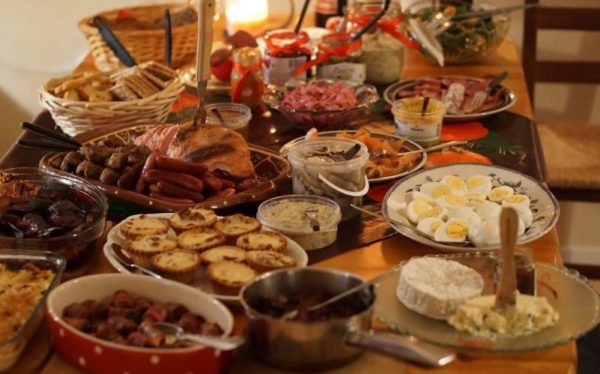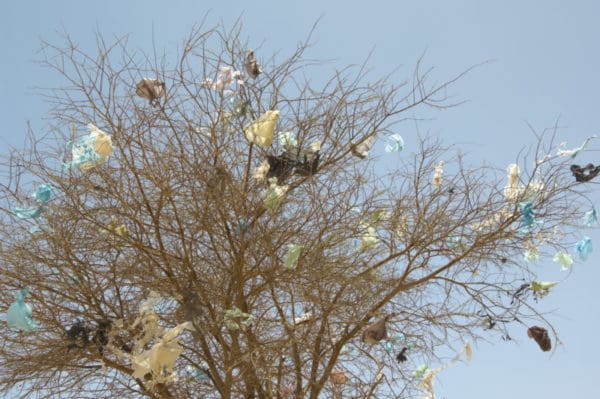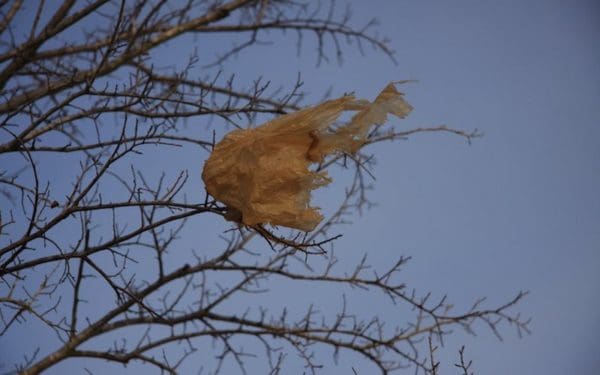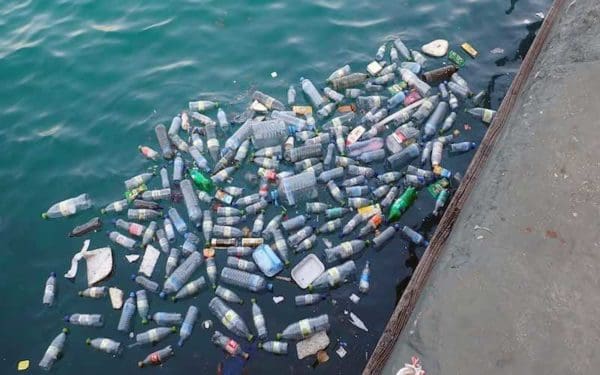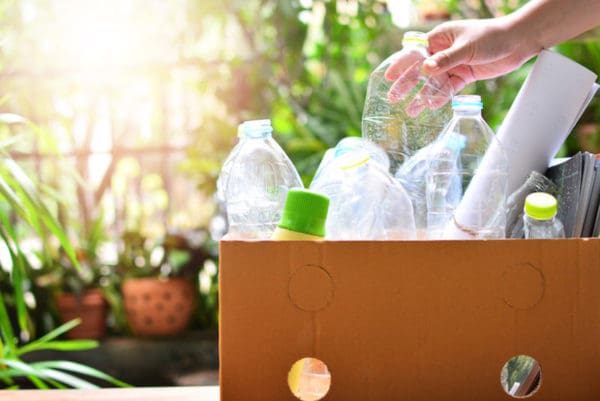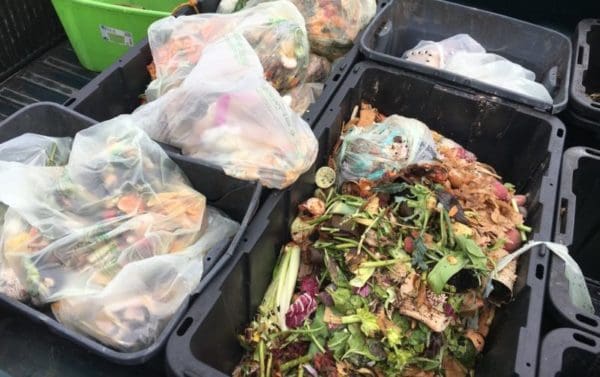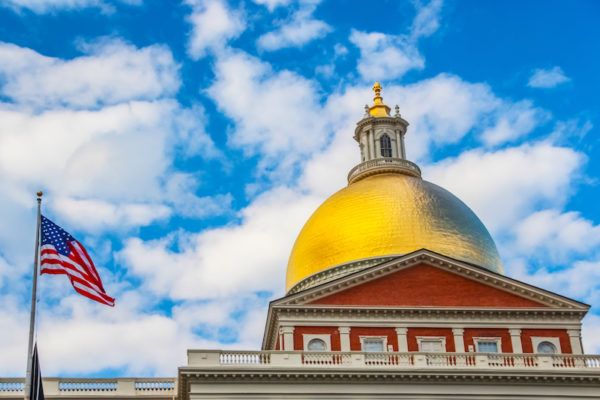Dec 27, 2018
Dozens of these private composting operations have sprouted up across the country in recent years. They’re helping to encourage the public conversation about composting and meeting a demand that could lead to continued growth, says Kirstie Pecci, a senior fellow at the Conservation Law Foundation.
Dec 21, 2018
Food waste can be terribly damaging to the environment. CLF’s Zero Waste Project has some tried and true tips for minimizing your food waste this holiday season.
Dec 14, 2018
“There’s no reason why single-use plastic bags need to be a part of our daily lives,” said Kirstie Pecci, Director of the Zero Waste program at CLF. “Most bags end up filling our landfills, littering our communities and waters, and polluting our air when burned up in incinerators.”
Dec 14, 2018
It’s time to take New England’s work reducing plastic pollution to the next level. CLF’s Zero Waste Project is launching our campaign to ban single-use plastic bags in all six New England states to create less pollution, cleaner coastlines, and healthier communities for all.
Dec 14, 2018
“There’s no reason why single-use plastic bags need to be a part of our daily lives,” said Kirstie Pecci, Director of the Zero Waste program at CLF. “Most bags end up filling our landfills, littering our communities and waters, and polluting our air when burned up in incinerators. The citywide ban in Boston is a good start, and we must also ensure that any ban does not burden our elderly or low-income neighbors. We have a real opportunity to end this waste and pollution throughout New England and we must act now.”
Dec 14, 2018
“Plastic bags are pervasive in the environment. They litter our communities, they blow around,” she said. “They fall apart eventually and those little bits of plastic, those microplastics, are then in our soil, in our freshwater, in our oceans.”
Oct 02, 2018
”Plastics create unsightly litter on land and are deadly in our oceans,” said Amy Moses, Vice President and Director of CLF Rhode Island. “Single-use plastics are made from fossil fuels and pollute our environment at every stage of their manufacture, use and disposal. We can’t recycle our way out of this problem. Rhode Island needs to ban these materials, and this task force is an important step in the right direction.”
Sep 14, 2018
The Global Climate Action Summit is underway in San Francisco, California. Leaders from across the country – including CLF’s President, Bradley Campbell – and the globe have gathered to exchange ideas about how we can address the most pressing issue of our time: climate change. The Summit is also challenging cities and towns around the… Continue reading Five Ways Cities and Towns Can Slash Trash and Fight Climate Change
Sep 06, 2018
Affordable composting has arrived in Lawrence, Massachusetts. A pilot program spearheaded by local groups and CLF gives residents of the Union Crossing/Duck Mill building an easy way to get their food scraps out of landfills and turned into rich soil.
Aug 08, 2018
The Massachusetts Legislative Session is over, and CLF has our recap of the good, the bad, and the “meh” from the last two years of work by our elected officials.

